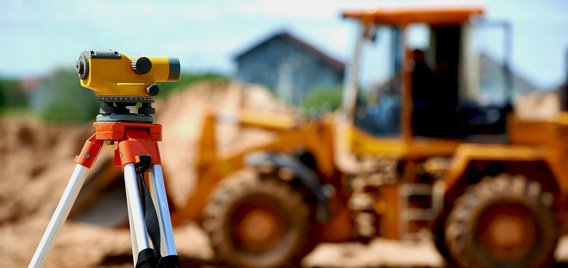Best practice
The term ‘best practice’ (sometimes used interchangeably with ‘good practice’) refers to the method or technique by which an activity is carried out and relates to certain standards that have been established in terms of quality, ethics, regulations, benchmarking, and so on.
Best practice is a desired result that is often developed through experience and research and is accepted as being a better option other alternatives. As such it becomes a standard way of carrying out tasks or complying with requirements. By committing to follow best practice, an individual or organisation is agreeing to use the widely-accepted and approved knowledge and technology available to ensure a good outcome.
Best practices can be based on the adoption of policy, self-assessment and/or benchmarking. Accredited management standards such as ISO 9000 are intended to facilitate best practice by helping organisations develop their approach to directing, controlling and coordinating quality.
In the construction industry, best practice is commonly defined by standards, which are published documents that are intended to define the common specifications, methods and procedures that are to be used. By establishing common standards, greater reliability and consistency is ensured in terms of the quality, compatibility and compliance of the particular product, service, material, and so on.
[edit] Related articles on Designing Buildings Wiki
- Architectural practice.
- BEIS Reforming Regulation Initiative.
- Benchmark
- Benchmarking.
- Chartered institute.
- CIAT agrees to collaboration arrangement with CIB.
- Code of conduct.
- Constructing and renovating UEFA training facilities.
- Construction products regulations.
- Design-Build Institute of America DBIA.
- Design quality.
- Ethics in construction.
- Independent review of construction frameworks.
- Legislation.
- London Build 2020: Best Practice in Design and Build panel discussion.
- Professional.
- Professional conduct.
- Professional practice.
- Standards.
Featured articles and news
Infrastructure that connect the physical and digital domains.
Harnessing robotics and AI in challenging environments
The key to nuclear decommissioning and fusion engineering.
BSRIA announces Lisa Ashworth as new CEO
Tasked with furthering BSRIA’s impressive growth ambitions.
Public buildings get half a million energy efficiency boost
£557 million to switch to cleaner heating and save on energy.
CIOB launches pre-election manifesto
Outlining potential future policies for the next government.
Grenfell Tower Inquiry announcement
Phase 2 hearings come to a close and the final report due in September.
Progress from Parts L, F and O: A whitepaper, one year on.
A replicated study to understand the opinion of practitioners.
ECA announces new president 2024
Electrical engineer and business leader Stuart Smith.
A distinct type of countryside that should be celebrated.
Should Part O be extended to existing buildings?
EAC brands heatwave adaptation a missed opportunity.
Definition of Statutory in workplace and facilities management
Established by IWFM, BESA, CIBSE and BSRIA.
Tackling the transition from traditional heating systems
59% lack the necessary information and confidence to switch.
The general election and the construction industry
As PM, Rishi Sunak announces July 4 date for an election.
Eco apprenticeships continue help grow green workforce
A year after being recognised at the King's coronation.
Permitted development rights for agricultural buildings
The changes coming into effect as of May 21, 2024.






















